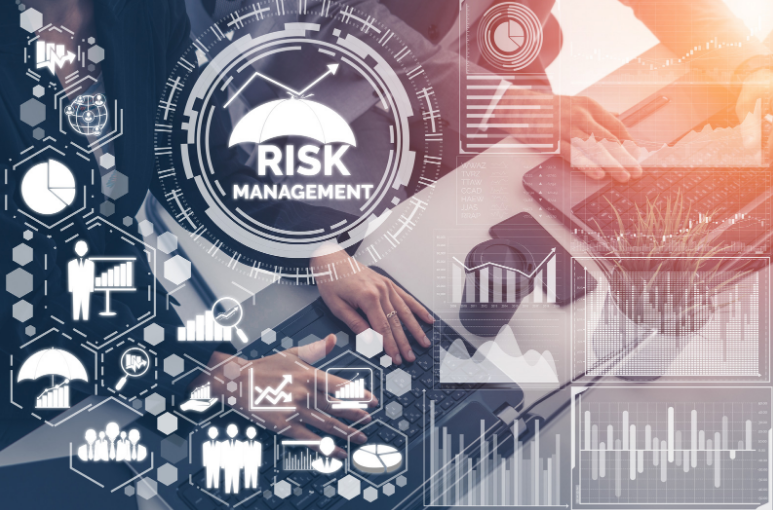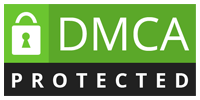As consumers, we take the seamless process of purchasing goods from our favorite retail stores for granted. But behind the scenes, a complex and intricate supply chain is at work, bringing products from suppliers to shelves. With the rise of online shopping, the supply chain has only become more complex, and with that complexity comes increased risk. Retail companies face unique challenges when it comes to securing their supply chain, and organizations must understand these challenges and take steps to mitigate the risks.
I help retail businesses in the greater DC area that are challenged with unreliable business systems to improve their reliability and security to ensure their businesses hum!
Want to discuss your situation? No obligation! [email protected]
One of the biggest challenges retail companies face is vendor vulnerabilities. Many retailers rely on a network of suppliers to bring products to market, and each of these suppliers presents its own set of security risks. For example, a supplier may have outdated security systems, leaving it vulnerable to cyber-attacks. Retailers must be diligent in evaluating their suppliers’ security posture and should only work with suppliers who meet a high-security standard.
Another challenge is the risk of supply chain attacks. These attacks can take many forms, from malware infections to manipulating products in transit. Supply chain attacks can have serious consequences, including loss of intellectual property, theft of sensitive data, and damage to a company’s reputation. Retail companies should implement robust security controls, such as firewalls, intrusion detection systems, and encryption technologies to mitigate the risk of supply chain attacks.
So, what can retail companies do to better secure their supply chain? Here are some best practices for supply chain security:

- Conduct regular risk assessments: Regular risk assessments can help retailers identify potential vulnerabilities and take steps to mitigate the risks. This includes evaluating suppliers’ security posture, monitoring for potential supply chain attacks, and conducting regular penetration testing to identify potential weaknesses.
- Implement security protocols: Retail companies should implement robust security protocols to protect their supply chain. This includes firewalls, intrusion detection systems, and encryption technologies. Retailers should also implement strict access controls to prevent unauthorized access to sensitive data and systems.
- Encourage vendor collaboration: Retail companies should encourage their suppliers to work together to improve supply chain security. This can include sharing best practices, conducting joint security assessments, and collaborating on incident response plans.
- Invest in technology: Retail companies should invest in the latest security technologies to protect their supply chain. This includes implementing artificial intelligence and machine learning to identify potential threats and using blockchain technology to improve the transparency and security of supply chain transactions.
- Foster a culture of security: Finally, retail companies must foster a culture of security within their organization. This includes regular security training for employees, promoting security awareness, and encouraging employees to report potential security incidents.

In conclusion, securing the supply chain is a complex and challenging task, but it’s essential for the success of retail companies. By implementing the best practices outlined above, retail companies can reduce the risk of supply chain attacks, protect sensitive data, and maintain the trust of their customers. It’s time for retail companies to take the security of their supply chain seriously and invest in the tools and processes necessary to protect their businesses.
I help retail businesses in the greater DC area that are challenged with unreliable business systems to improve their reliability and security to ensure their businesses hum!
Want to discuss your situation? No obligation! [email protected]




